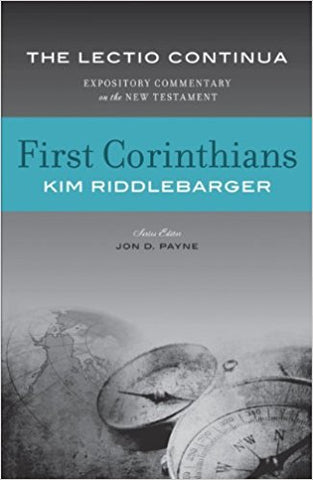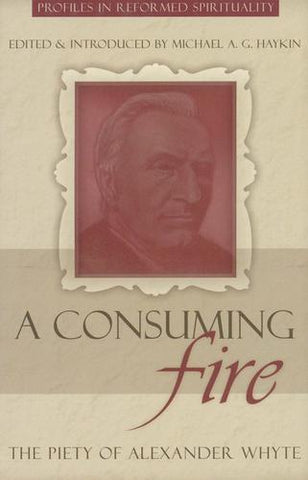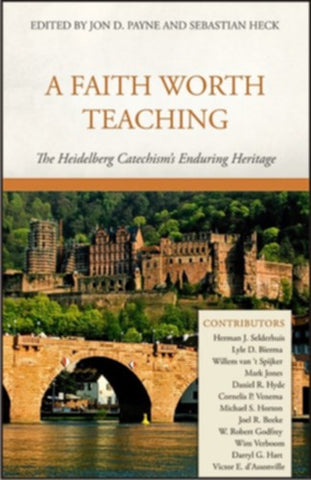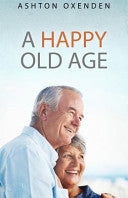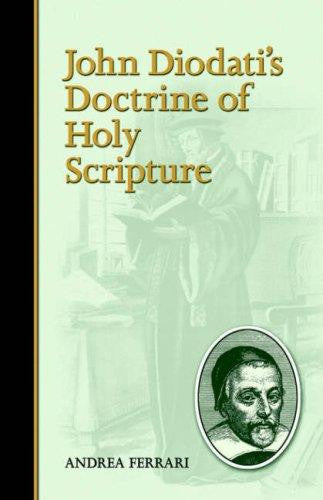
John Diodati's Doctrine of Holy Scripture PB
By: Andrea Ferrari| Product Details | |
|---|---|
| Publisher | Reformation Heritage Books |
| Year | 2006 |
| ISBN | 9781892777980 |
This study considers important aspects of the work of John Diodati (1576-1649), one of the epigones of Calvin and Beza, who served as pastor of the Italian church in Geneva and professor at Calvin's Academy. Particular attention is given to his doctrine of Scripture, not only because of the controversy concerning the authority of the Bible that was an essential part of the Reformation, but also because Diodati was responsible for an influential translation of the Bible into Italian. This study begins with a discussion of the state of research on Diodati. This is followed by a survey of Diodati's life and work, focusing on his role within contemporary Protestantism. The history of the doctrine of Scripture is then considered in order to provide the relevant background to Diodati's beliefs and to the significance of Scripture in the disputes that were part and parcel of the Reformation. The central element of the dissertation consists of a translation from Latin into English of the twenty-five theses concerning the doctrine of Scripture that he presented in 1596, when he graduated from the Academy at Geneva. There follows a detailed analysis of these theses in the light of the Protestant view of Scripture and the controversy with the teaching of the Church of Rome, especially as set out in the formulations of the Council of Trent. This analysis also draws on a work for which Diodati was well known to the English public, namely his Pious Annotations upon the Holy Bible, his greatest legacy after his translation of the Italian Bible. The study concludes with a brief evaluation of the significance of the continuity of the doctrine of Scripture in the history of the church, of the debate over the issue of authority between the Reformers and Rome, and of the way in which Diodati's attitude to the translation of Scripture was governed by both the need for clarity and the theology of the Bible itself.

